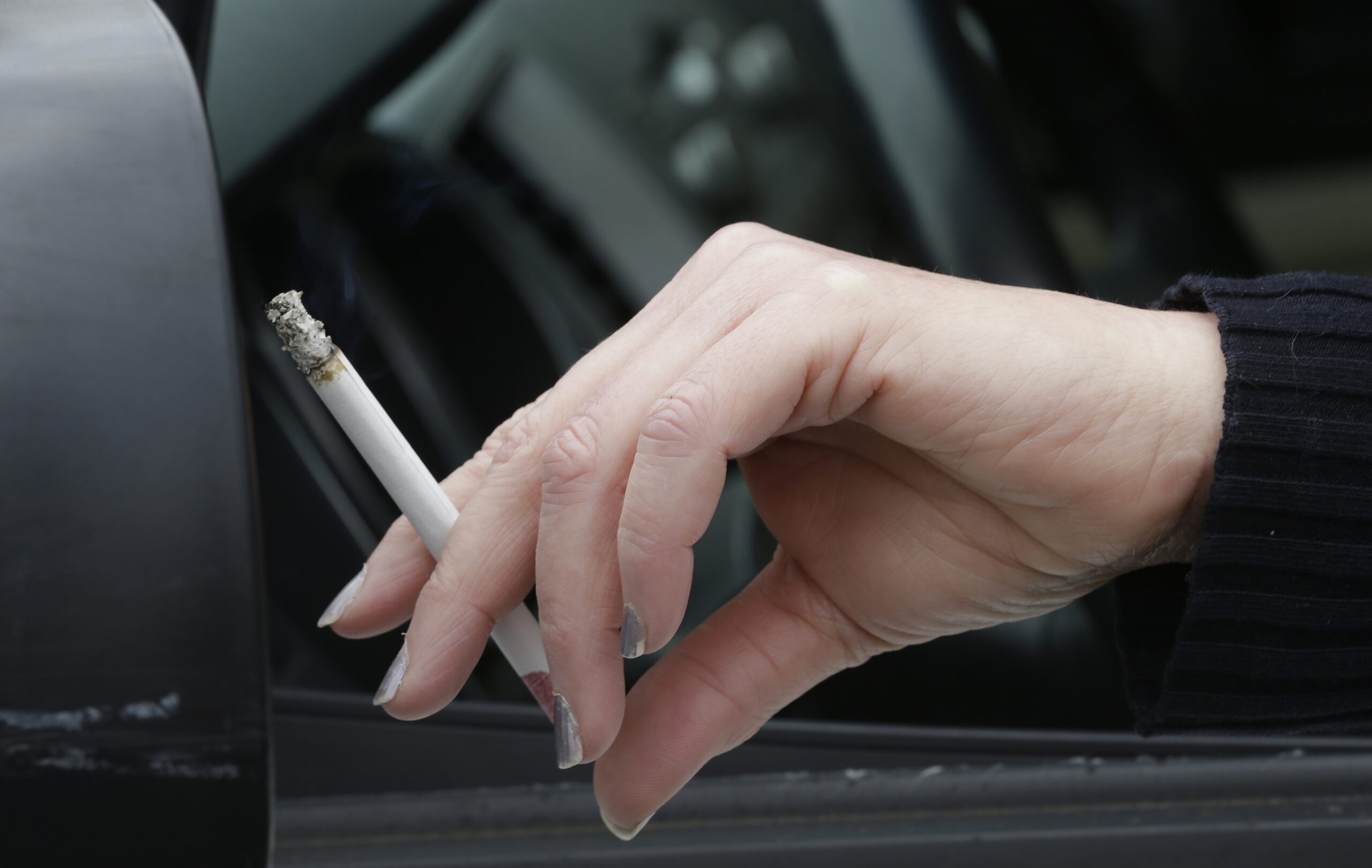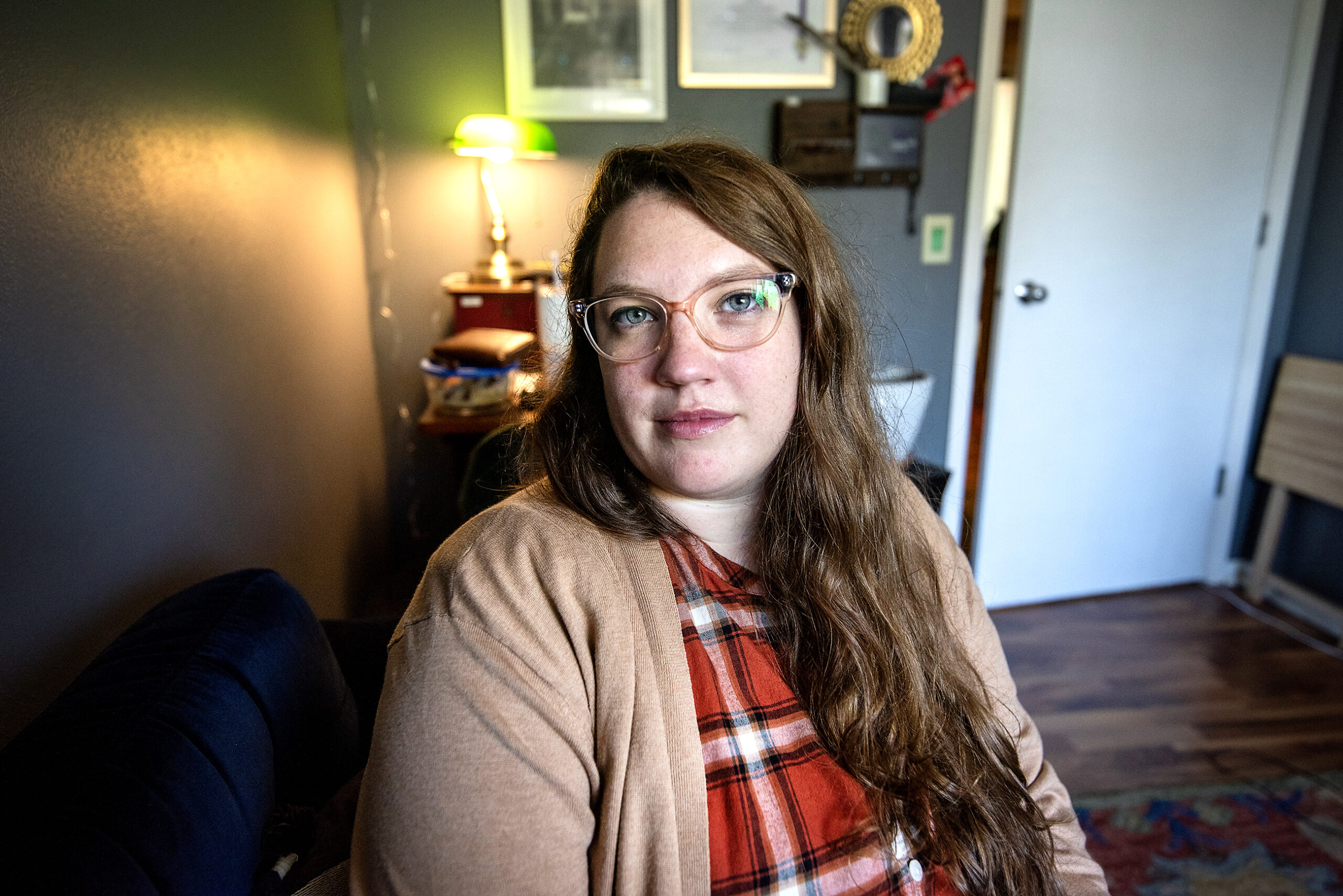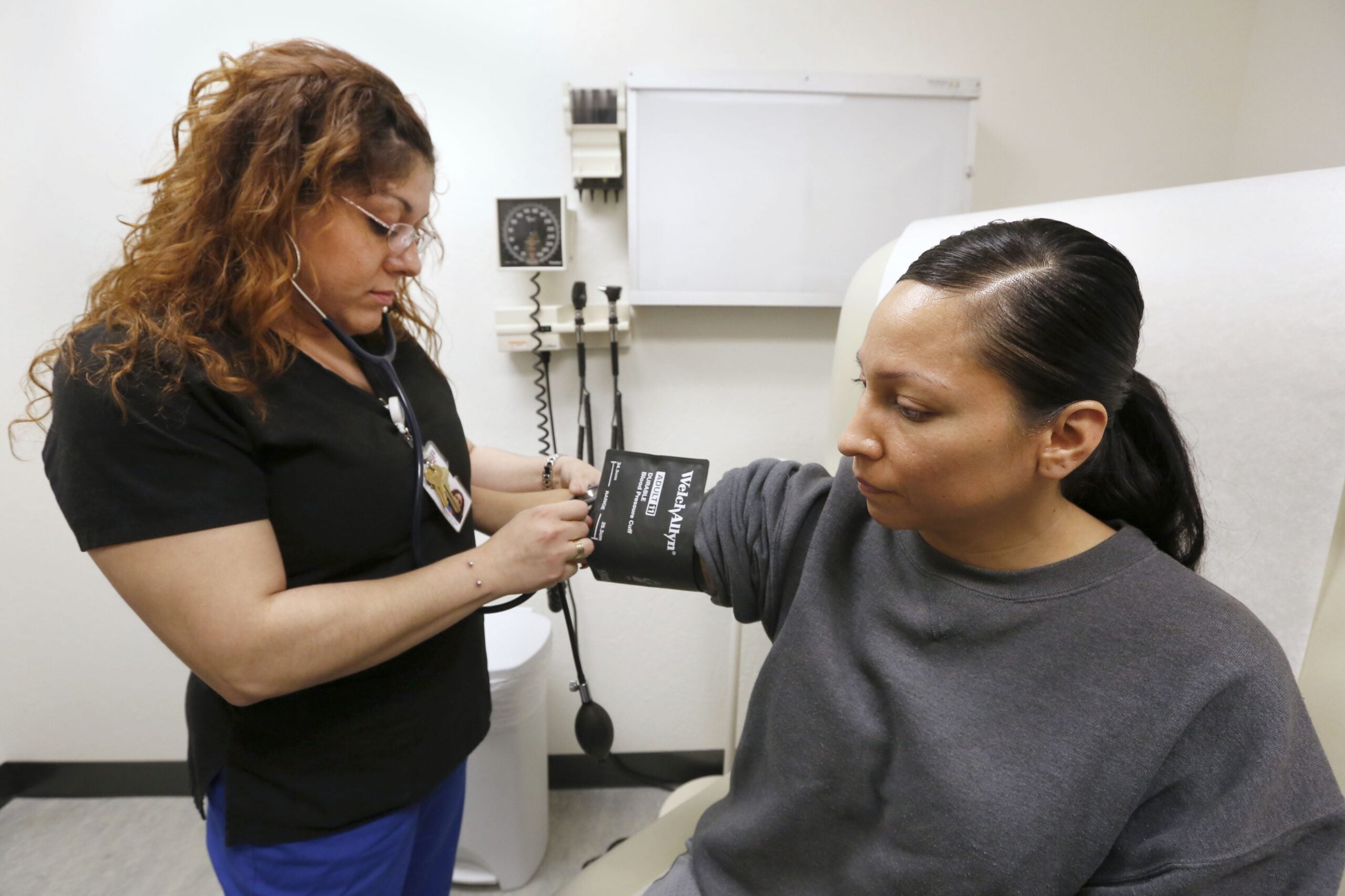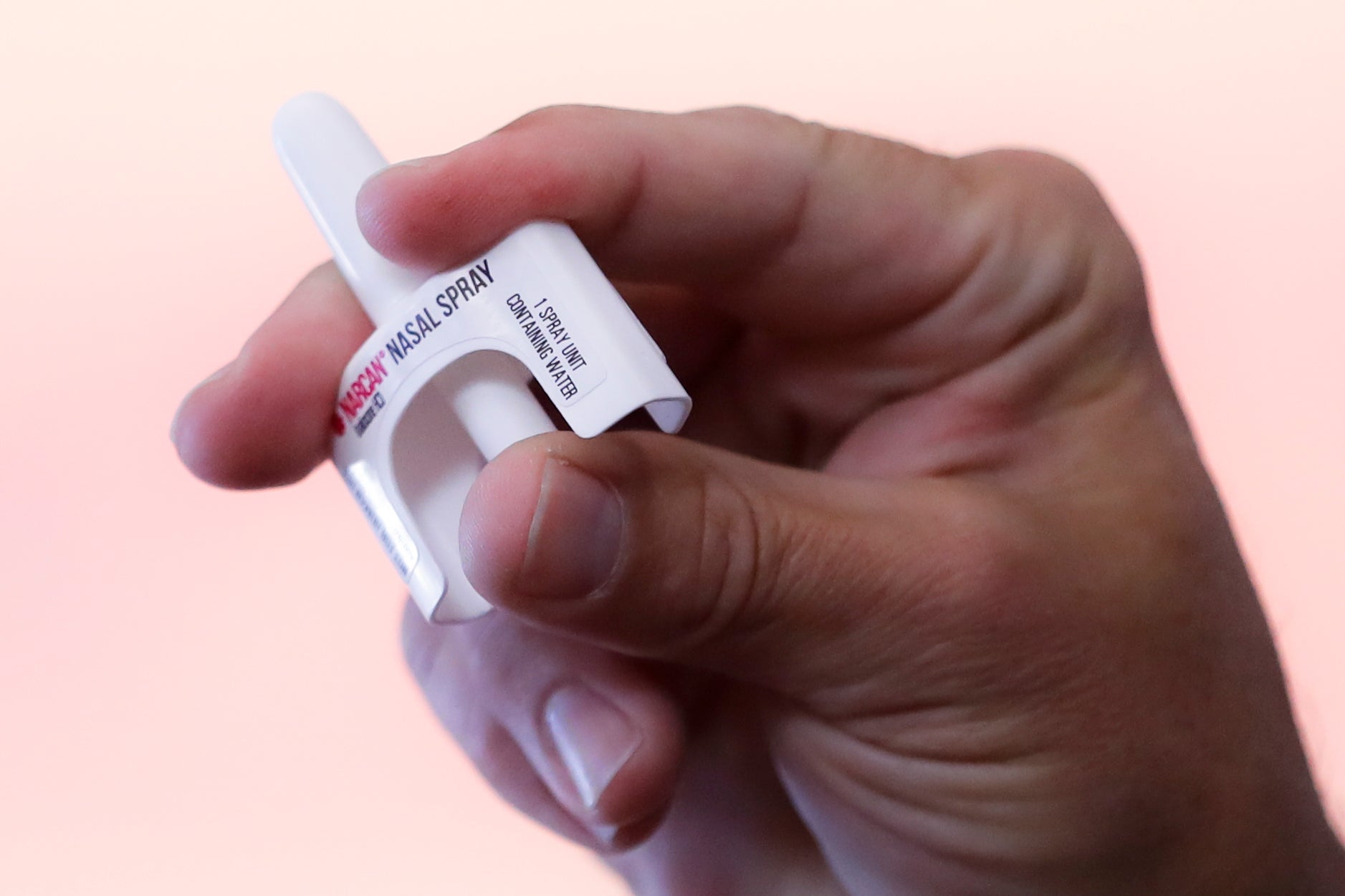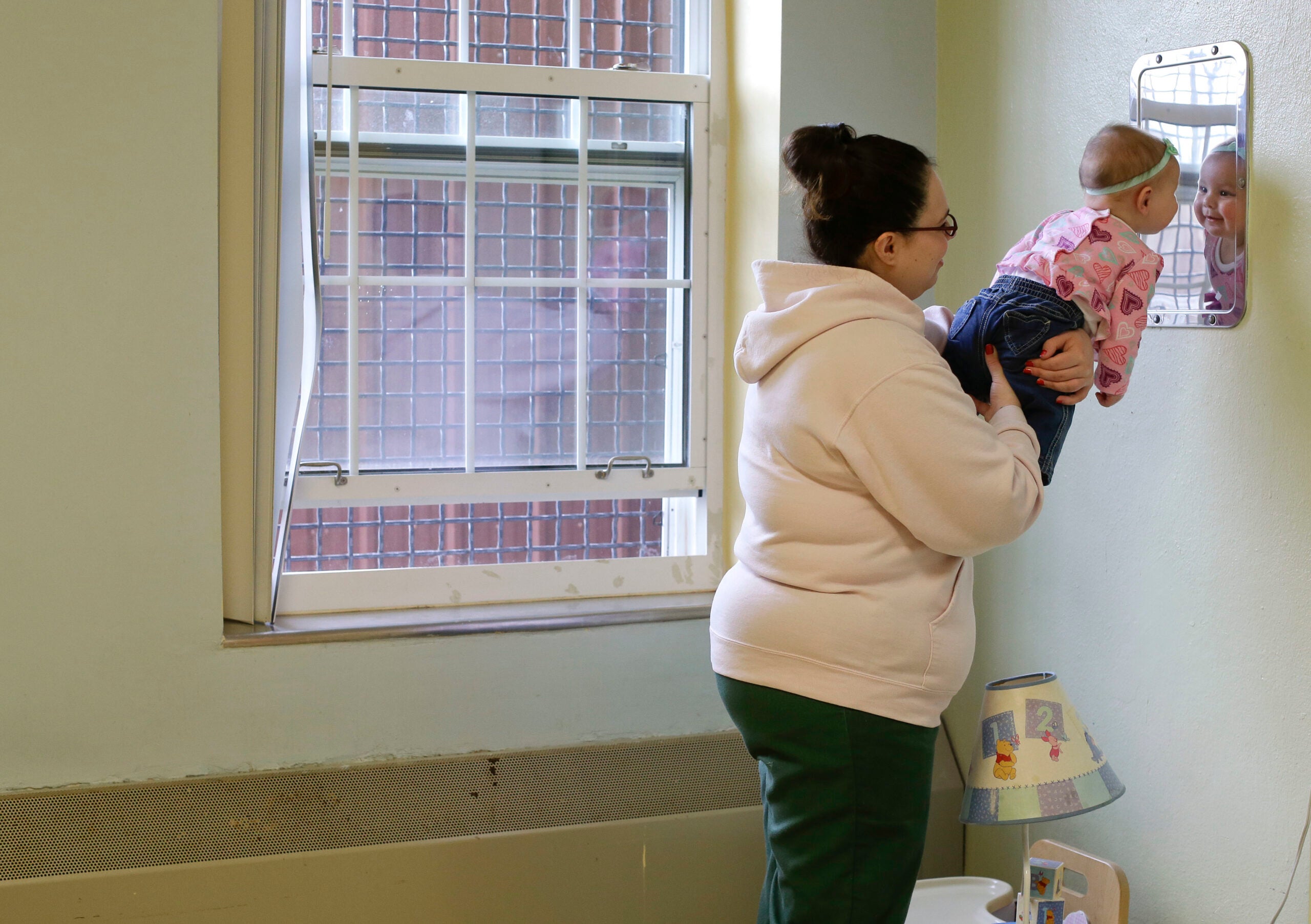Researchers examining United States birth certificates from 2016 found 1 in 14 pregnant women smoked, and in Wisconsin researchers found 1 in 9 pregnant women smoked.
The highest rates were in West Virginia, where a quarter of expectant moms smoked.
Wisconsin does have some areas with rates that high. But overall, fewer pregnant women are smoking.
Stay informed on the latest news
Sign up for WPR’s email newsletter.
In the northern third of the state and some parts of central Wisconsin a quarter to one third of pregnant women smoke. The percent of all pregnant smokers in Wisconsin has steadily dropped in recent years; however, it’s one of 31 states where the rate is higher than the national average, according to the Centers for Disease Control and Prevention.
A recent report by researchers from the CDC’s National Center on Health Care Statistics shows that in Wisconsin, 11.3 percent of pregnant women smoked in 2016. That compares to 7.2 percent nationally.
“I would say we’ve made really good progress over the last few years,” said Kristine Alaniz, maternal and child health program manager for the Wisconsin Women’s Health Foundation.
“What we really need to do now is double down on those high-risk populations. So women with lower income, women with lower educational attainment and also looking at the social aspect of it. A lot of our participants live in an environment where almost everybody smokes. Their parents smoke, most of their friends and family smoke. So it’s kind of the social norm. So we need to look at communities and families, not just individuals,” Alaniz said.
Wisconsin has a program called First Breath that helps pregnant women try to quit smoking. The program works with about 650 prenatal providers across the state who talk with patients about smoking and refer them to First Breath, where woman are connected with trained tobacco treatment specialists at no cost.
“They work with these women one-on-one providing individual quit plans, doing carbon monoxide breath tests to monitor their progress and help them get over the physical dependency issues with nicotine as well as the psychological dependence,” said Alaniz.
First Breath also helps woman after the birth of a child to prevent second or third hand smoke.
Maternal tobacco use during pregnancy has been linked to a host of negative infant and child outcomes, including low birth weight, preterm birth, and various birth defects, according to the CDC. Alaniz said infants exposed to smoke or chemicals left on surfaces by smoke are at higher risk for ear infections, pneumonia, and sudden infant death syndrome, or SIDS.
“Most of the women who are in First Breath want to quit. It’s just really, really hard. Especially when you have a lot of other things going on in your life,” Alaniz said. “A lot of stress, dealing with a new baby is a huge life change. So really to approach women who smoke in a supportive and nonjudgmental way to help them (quit).”
First Breath is funded mainly by the state Department of Health Services’ Wisconsin Tobacco Control Program.
Wisconsin Public Radio, © Copyright 2024, Board of Regents of the University of Wisconsin System and Wisconsin Educational Communications Board.

